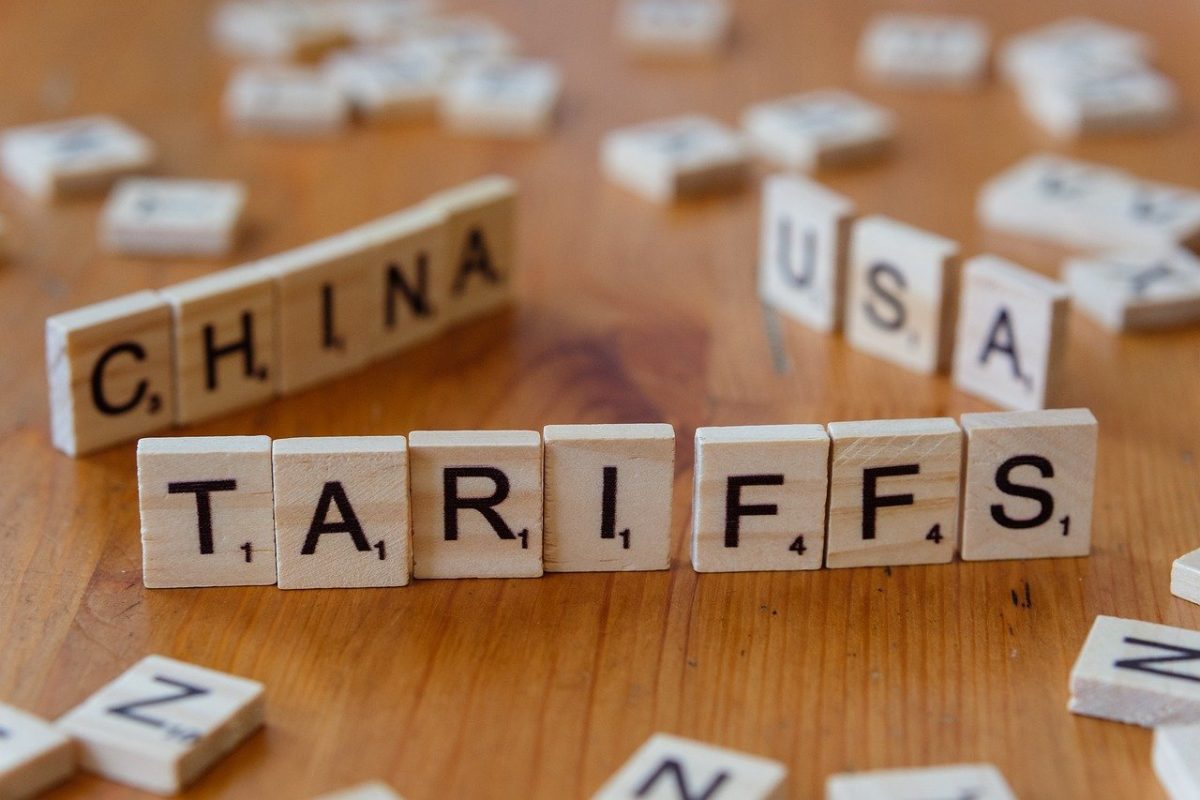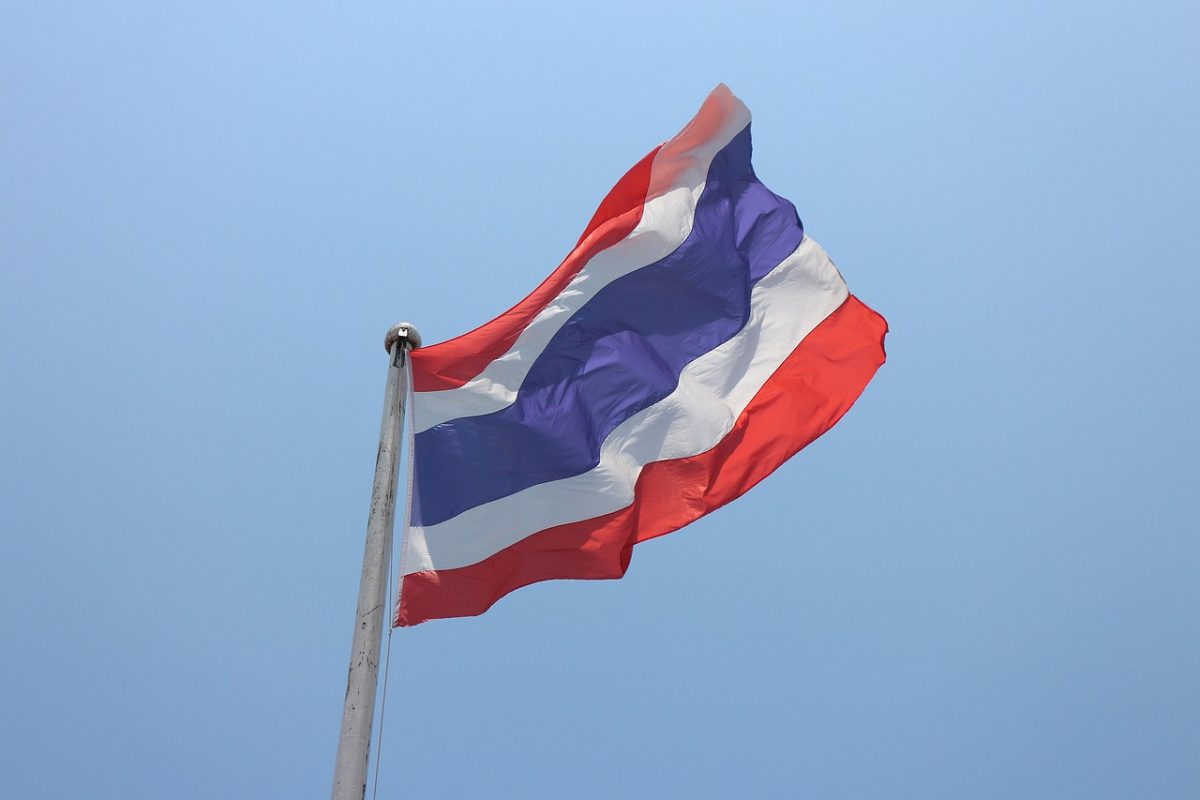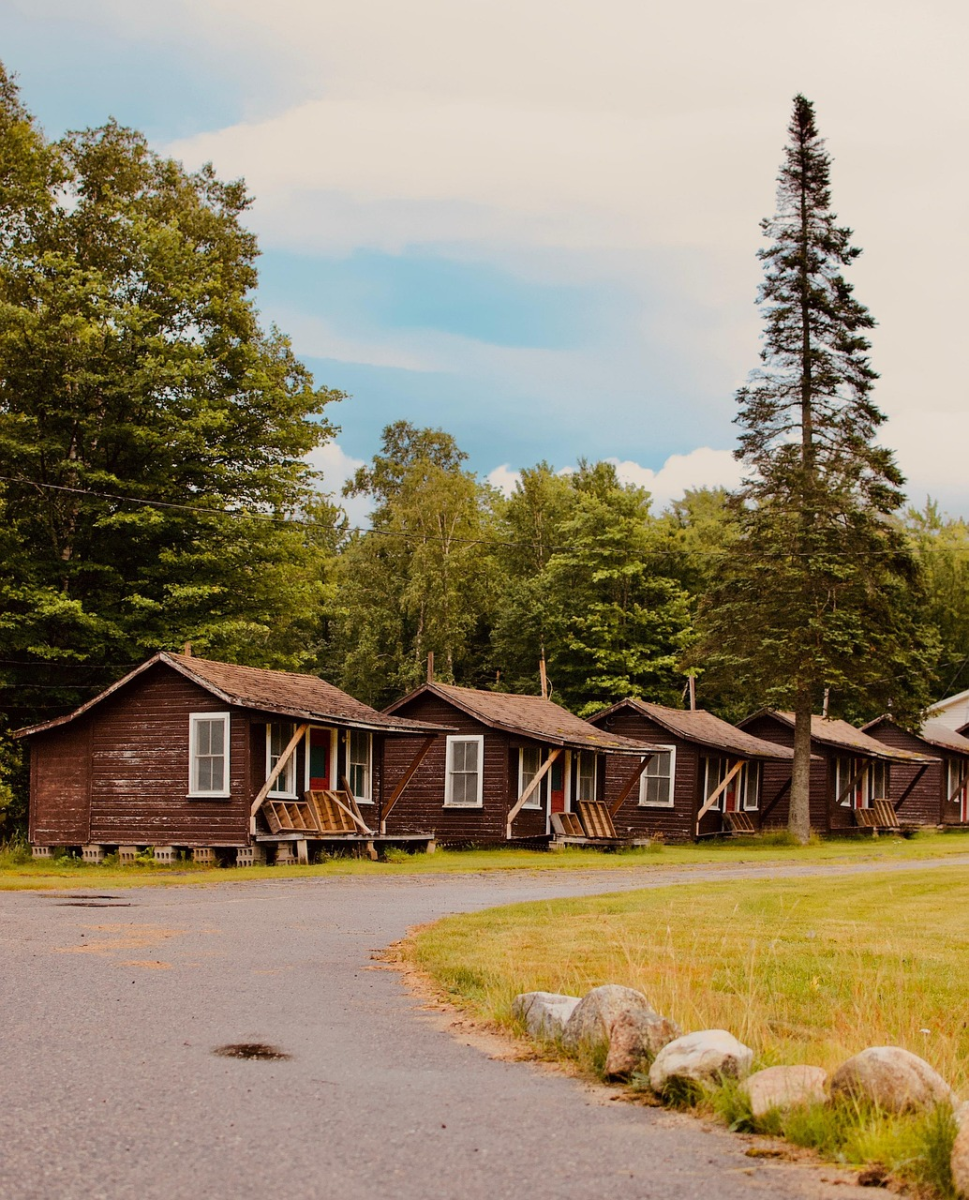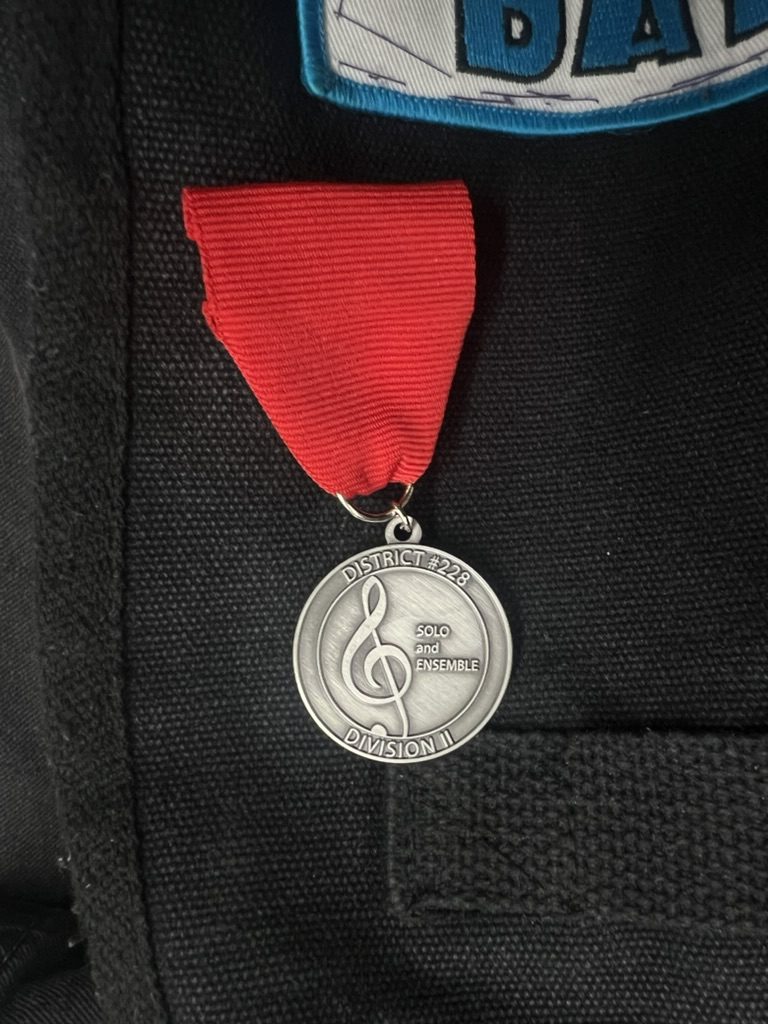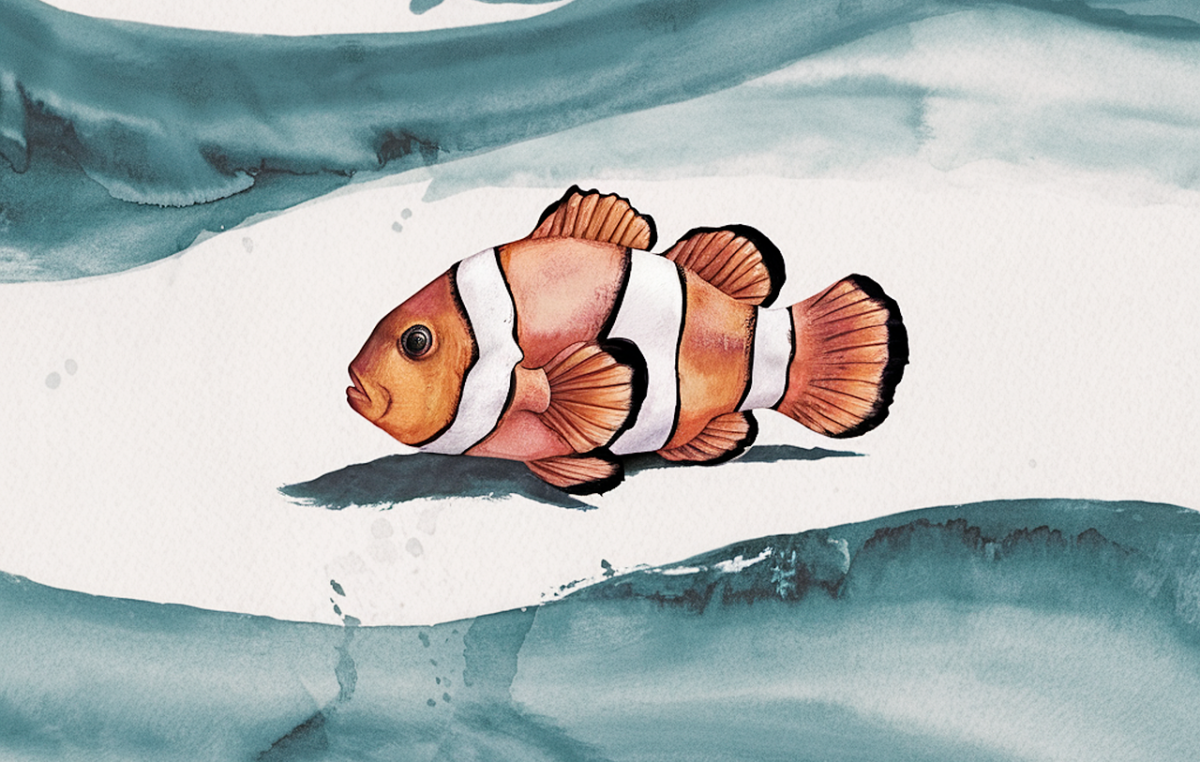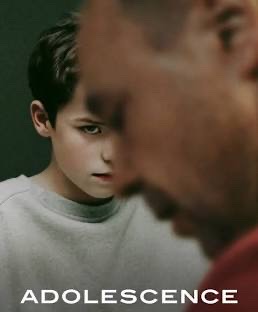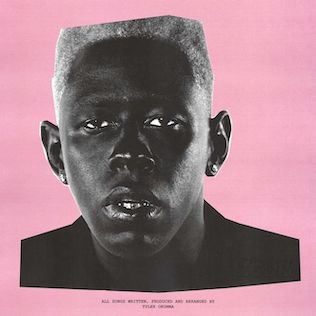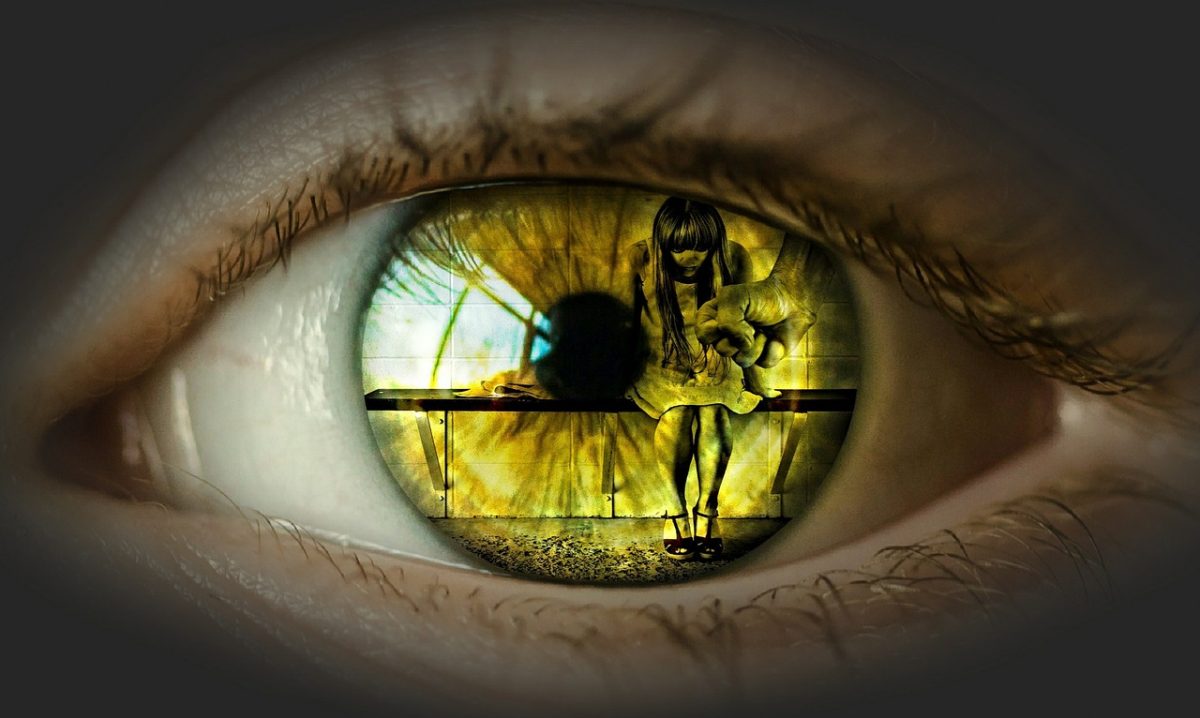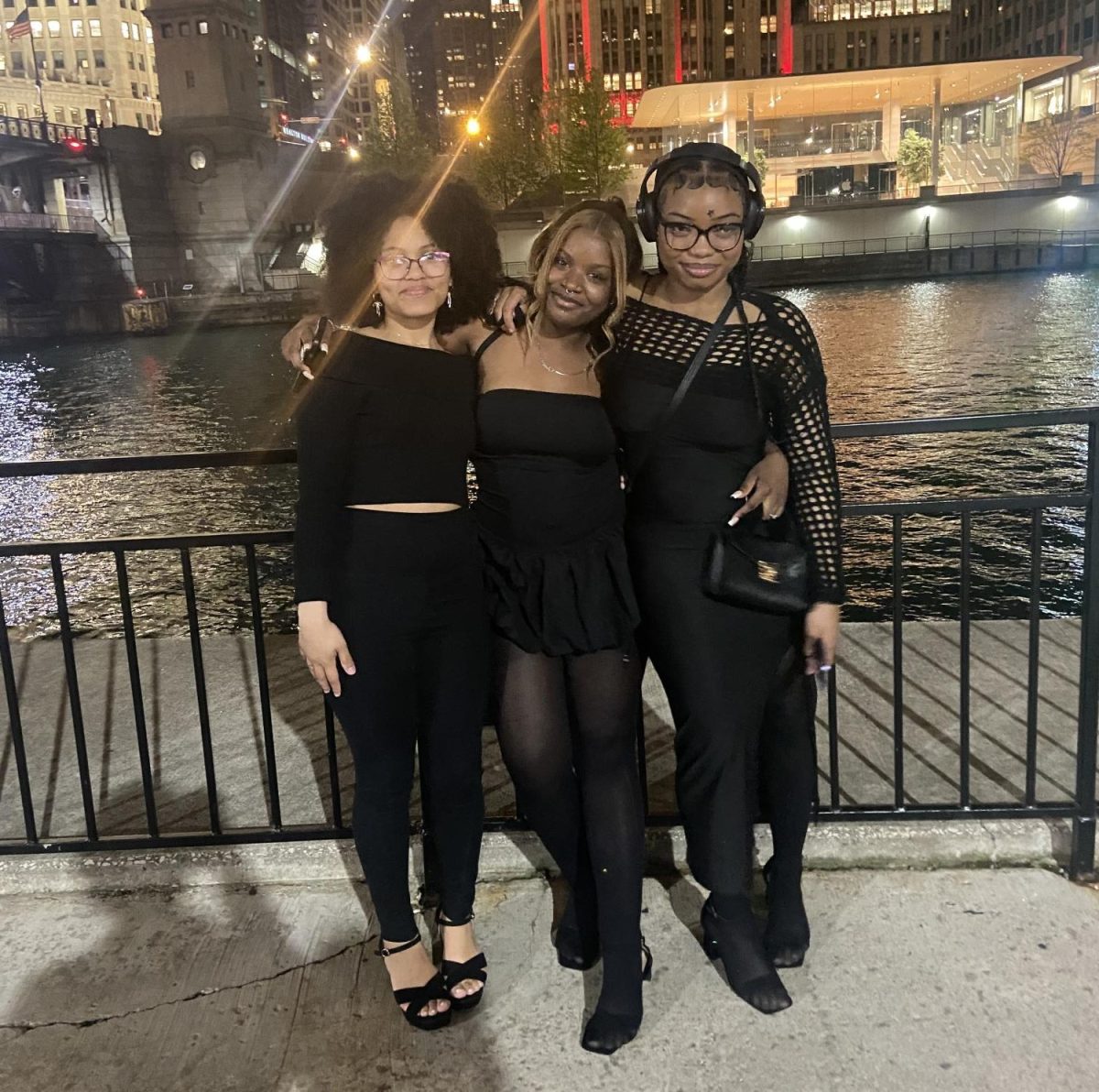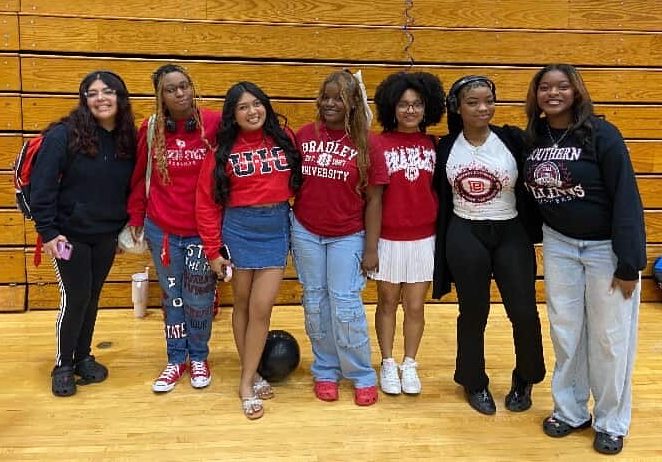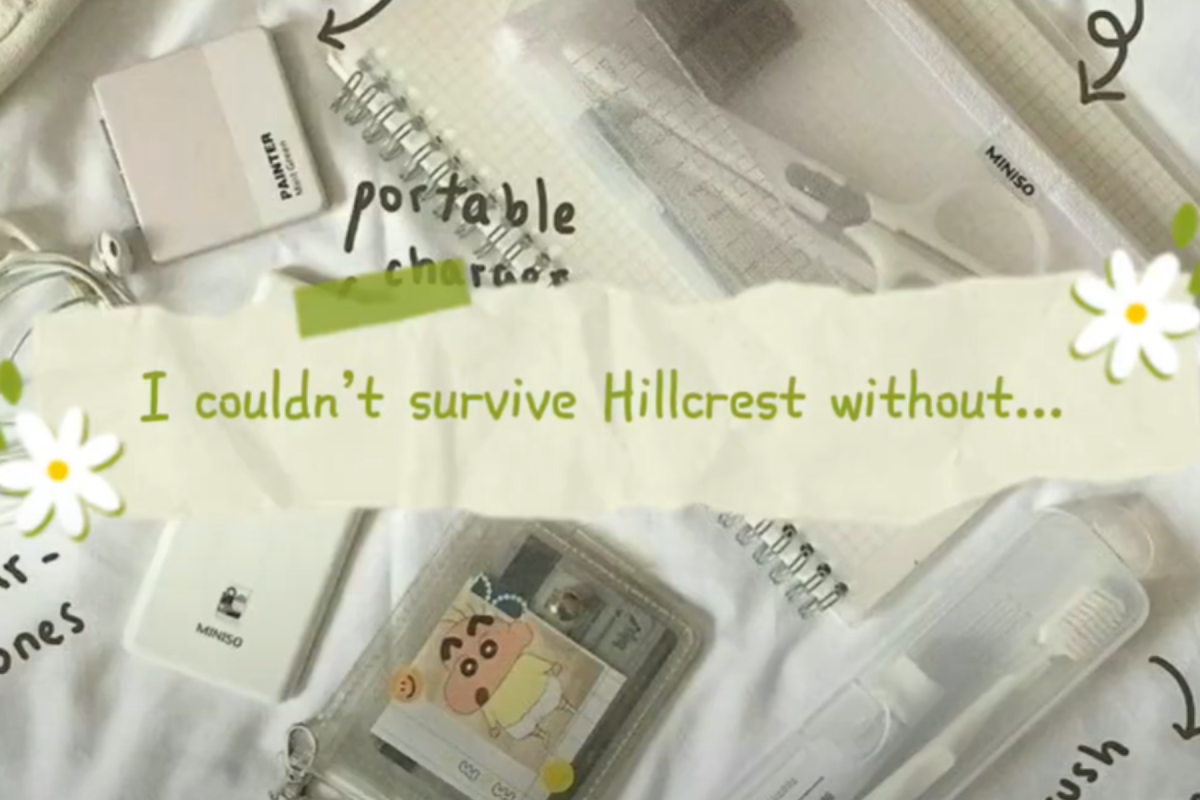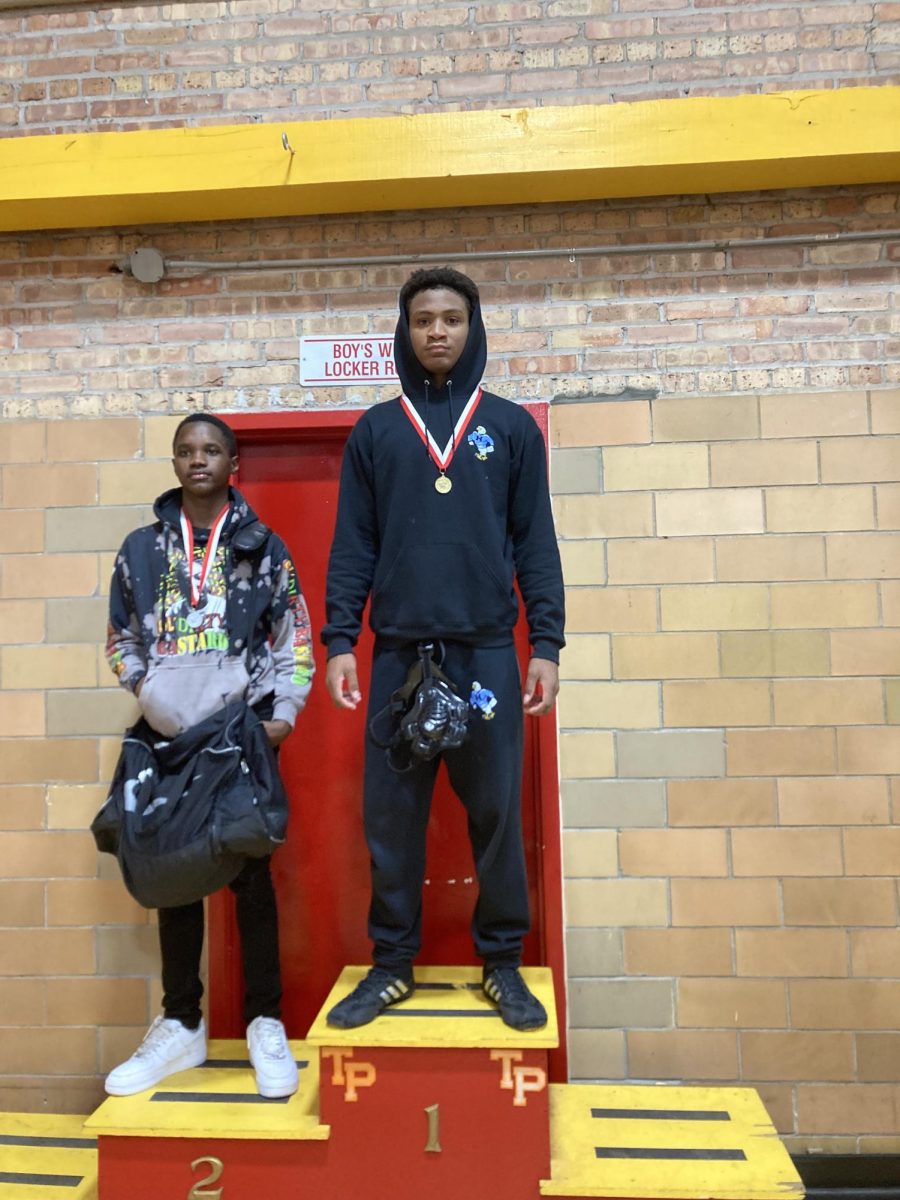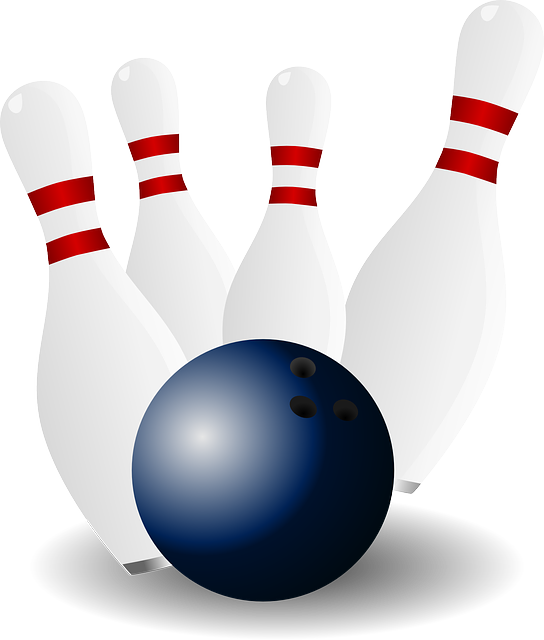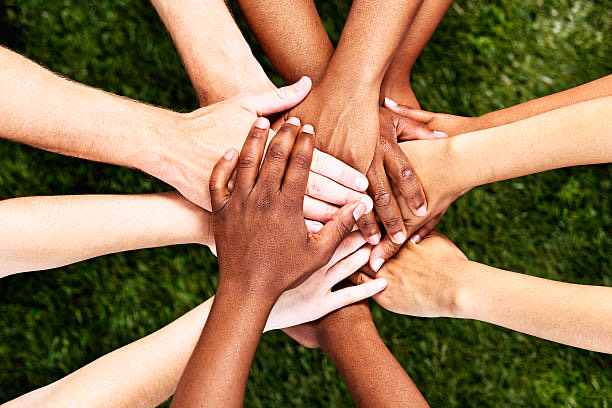Major Microaggressions
November 28, 2022
Some of my work stories consist of bizarre experiences with angry customers or some inner circle coworker drama. Others consist of my white peer kneeling without provocation as I walk in, putting his fist up, and saying “I stand with you.”
If you’ve seen the Black History Month quip on Tiktok, (where white people abruptly kneel in front of black people in mockery of Colin Kapernick’s protest to the national anthem) that might’ve made you laugh, nevertheless, you can’t refresh real life.
Defining these experiences and learning how to react is a task I didn’t think I would have to tackle, despite being given countless ‘talks’ about growing up as a Black male in America. I could continue this article by ranting about my personal experiences with race and my opinions on its tensions, but instead I would like to break down the facets of microaggressions, and why they aren’t so micro.
In simple terms, a microaggression can be described as a targeted remark with underlying meaning that is negative in some way. It can be perpetuated both intentionally and unintentionally, usually by those outside of a marginalized group. (I don’t mean to exclude discussing other groups, but for the sake of the length of this article, I will mainly discuss African Americans). The idea of ‘victim mentality’ — a state of mind in which someone feels the world is against them — is often used to dismiss arguments against the severity of microaggressions. Another dismissal of microaggressions is the immunity complex of “I have black friends!” or more recently, “Kanye said it!”
Yes, slavery was 400 years ago – blah – blah. To be more accurate, it’s been 157 years since the ending of slavery, and even less time if you include the fight for equal rights.
But why get so bent over a joke about history?
For one, there is nothing wrong with speaking out against someone making you uncomfortable, even if they think you shouldn’t be. To be ostracized in public or even private relationships is simply wrong, as well as mentally taxing. “One study examined the racial climate and microaggressions at college campuses and found that African American students experienced more depression, self-doubt, frustration, and isolation that impacted their education as a result.” says psychologist Dr. Joy Bradford.
Oh, but maybe it’s because Gen-Z is becoming sensitive, right?
Current racial issues are often invalidated because ‘they could be worse.’ We are far removed from segregation and slavery, but in no way does that justify a blatantly ignorant comment in any situation. Our ancestors pushed for freedom, then set the stage for those who pushed for equality, then set the stage for us to push for acknowledgement and understanding. I don’t think people are sensitive for trying to combat microaggressions, I feel that the sensitivity falls on anyone who refuses to do something as simple as thinking before they speak.
Being aware about microaggressions and how to not use them is not only a step toward building an equal community, but a healthy one as well.

